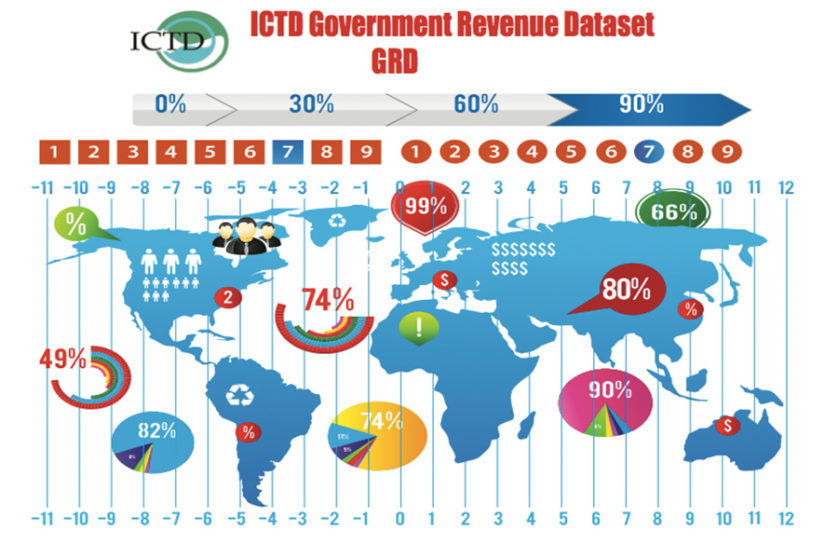In 2010 the ICTD launched efforts to create the ICTD government revenue dataset (GRD), which is increasingly recognized as the best possible source of cross-country revenue data for researchers. An important motivation was concern about the quality and transparency of data available from the IMF: Publicly available data had significant limitations, while the private data used in much IMF research was not available to other researchers, and appeared to contain significant errors.
The immediate goal of the ICTD GRD was thus to provide better and more transparent data to researchers. That goal was achieved with the launch of the data in September 2014. The longer-term goal has been to encourage international organizations, led by the IMF, to invest in higher-quality revenue data and to make that data publicly available. We have recently seen important progress, most recently from the IMF, who in August released the World Revenue Longitudinal Data (WoRLD) dataset, making public the revenue data used internally by IMF researchers – something the ICTD and others have long advocated for. The WoRLD dataset employs a similar methodology to the ICTD GRD, merging data from multiple international sources in order to improve data coverage. Its public release marks an important and necessary step toward greater transparency.
However, as we outline below, the ICTD GRD remains a much more complete and higher quality source of data for most researchers. This brief note summarizes key differences between the two data sets, and the significant advantages of the ICTD GRD.
You can find more information about the GRD here

